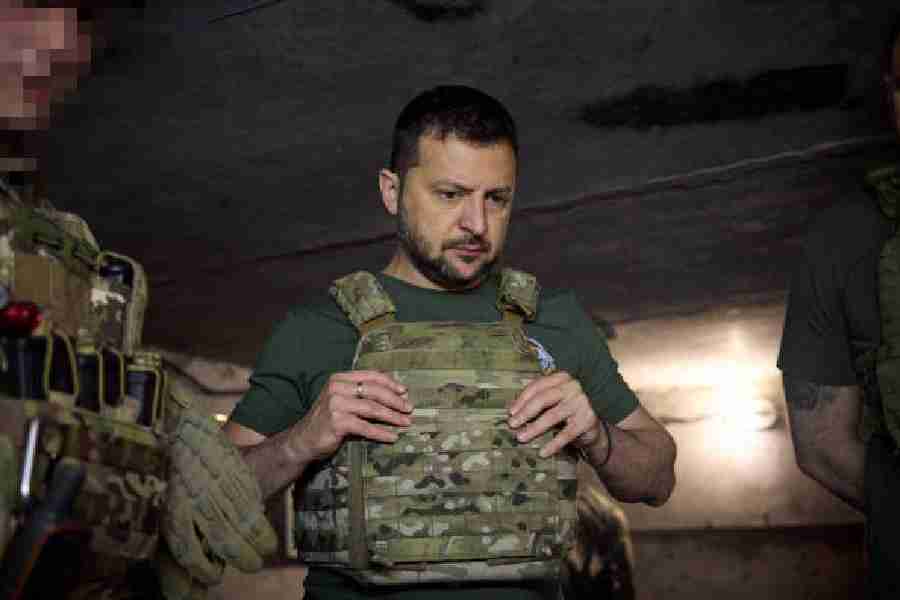Last Saturday, Ukraine marked a sombre second anniversary of Russia’s full-scale invasion of its territory. Western leaders trooped to Kyiv in solidarity and made commitments of support. Memorial ceremonies were held. Yet the mood was evidently different from a year ago when Ukraine, after pushing back multiple Russian offensives, had regained significant territory and appeared poised to recover still more land. Instead, as Europe’s biggest war in nearly eight decades enters its third year, Russia appears to have the upper hand. Moscow managed to block a much-touted Ukrainian counteroffensive last autumn and its troops have entrenched themselves firmly in territory they have claimed. Last week, Russia captured the town of Avdiivka in the Donbas region after more than a year and a half of fighting. Meanwhile, even though a majority of Ukrainians — according to the latest polls — believe they can defeat Russia, some of the allies they depend on appear less sure about how much they can help in the future. In the United States of America, by far the biggest supplier of arms and funds to Ukraine, many Republicans in Congress are opposed to sending more dollars to Kyiv without some audit of the money that has already been sent. And in Central Europe, farmers are upset about Ukrainian grain flooding their markets, in part because of a waiver on transport permits by the European Union.
Russia’s economy, on the other hand, appears to have largely weathered history’s toughest-ever sanctions regime. It took a big hit, but has not been crippled. If China, India and Turkey have lapped up Russian fossil fuels, Iran and North Korea have supplied Moscow with weapons to keep the army equipped. To be sure, Russia’s resources can never match those of the US-led West. But with the real prospect of the former US president, Donald Trump, returning to the White House, there is no guarantee that Washington will continue funding Ukraine. Mr Trump is critical of US financial support for Ukraine. None of this is surprising. The US and its allies have a long history of wading into wars and then walking out when it suits them, leaving those caught in the conflict to deal with its consequences. Ukraine, to its credit, has strengthened its home-grown defence and technology industries during the war. It must double down on those efforts. But the biggest question must be asked of the international community: when will it make a more determined push for peace?











